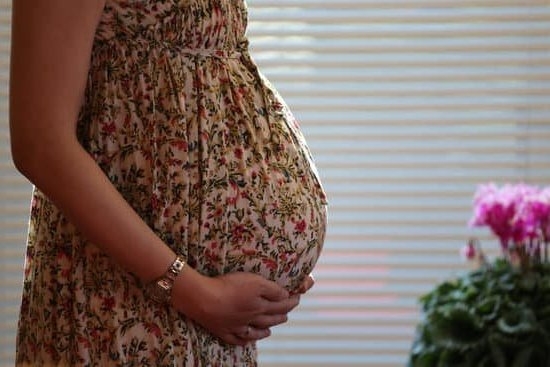Understanding Negative Pregnancy Test Results
Whether you are hoping for, or perhaps dreading, a positive pregnancy test result, occasionally a negative pregnancy test result can generate confusion. A negative pregnancy test result does not necessarily mean that you are not pregnant; some pregnancies may be too early for a home pregnancy test to detect. Understanding the possible reasons behind negative pregnancy test results can help to determine when to test again or follow up with a healthcare provider.
Reasons for False Negative Results
Testing your urine too early or too late can generate a false negative result; if your cycle is not regular, you may not know when to test. The test may also be faulty or expired, or not used correctly, leading to inaccurate results.
- Testing too early: Home pregnancy tests detect the hormone hCG in your urine; the hCG hormone is only detectable in your urine once the embryo has implanted in your uterus. A pregnancy test can detect hCG after the first missed period in a woman with regular cycles. Depending on the sensitivity of the test, you may need to wait a few days more for an accurate result.
- Testing too late: As hCG hormones can only be detected in your urine for a short period of time, if you wait too long to test you will not get an accurate result. As the levels of hCG can vary from person to person, try testing a few days after your first missed period.
- Using a faulty or expired test: Whether you bought too many pregnancy tests because you wanted to test daily, or it has been sitting in the cupboard since your last pregnancy test attempt, discarded tests can be in accurate. Check that the test is within the expiration date and that the package is unopened or has not been tampered with. Every test also has a control window; make sure you get two lines or a solid color before you trust the accuracy.
- Improper use of the test: Each pregnancy test has different instructions; if you do not follow the instructions correctly, your results may be inaccurate. Make sure you read, or even follow along with the video instructions, before testing.
When to Retest
Due to the possibility of false negative pregnancy test results, it is important to review the instructions for the pregnancy test and understand what a negative result means.
- If you have regular menstrual cycles, the best time to test is up to one week after your missed period.
- If your cycle is irregular, try testing one week after the estimated date of your missed period.
- If a negative result occurs and pregnancy is still suspected, wait one week and retest.
- If an additional test is still negative, consider asking your healthcare provider for a blood test.
While it may be difficult to understand a negative pregnancy test result, understanding the possible reasons and when to retest can help.

Welcome to my fertility blog. This is a space where I will be sharing my experiences as I navigate through the world of fertility treatments, as well as provide information and resources about fertility and pregnancy.





